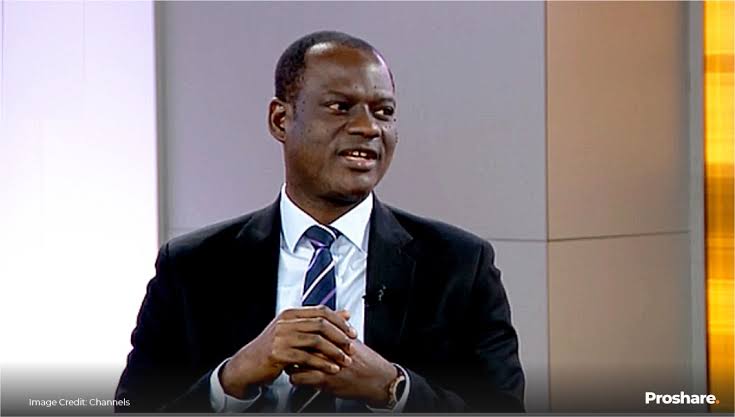The Chairman of the Presidential Committee on Fiscal Policy and Tax Reforms, Taiwo Oyedele, has criticized the federal government, claiming it has little to show for the over 60 taxes and levies collected across Nigeria.
Speaking at the Senate’s plenary session on Wednesday, Oyedele described the country’s fiscal system as growth-inhibiting and called for urgent reforms to address systemic inefficiencies.
“The fiscal system we have today inhibits growth as more than 60 taxes and levies are collected from across the country but nothing to show for it,” he stated.
Oyedele highlighted the need to eliminate the practice of taxing businesses that incur losses and emphasized the importance of attracting investments by reforming the tax structure.
“We do not want to tax capital or poverty but investment. We are beginning to lose our tax base to other countries. This is why it is urgent to reform the tax system,” he said.
The session, however, saw no immediate questions from the lawmakers, who instead resolved to reconvene with the committee on a later legislative date to further discuss the proposed reforms.
The comments from Oyedele come amid heightened debates over President Bola Tinubu’s controversial Tax Reform Bill, which has faced opposition from lawmakers, Northern leaders, and the National Economic Council (NEC).
The 19 Northern governors rejected the proposed amendment to the Value Added Tax (VAT) distribution model, which advocates a shift to a derivation-based system.
Despite calls for its withdrawal, President Tinubu has insisted that the bill should proceed through the legislative process, allowing for stakeholder input and necessary amendments.
According to presidential spokesperson Bayo Onanuga, the reforms aim to establish a fairer tax structure that benefits all states and bolsters Nigeria’s economic productivity.
“The legislative process provides an opportunity for inputs and necessary changes without withdrawing the bills from the National Assembly,” the statement noted, reiterating Tinubu’s commitment to reforming the fiscal landscape.
Oyedele, who spearheads the proposed reforms, remains at the center of these discussions, as lawmakers and stakeholders deliberate on the implications of the tax overhaul.
